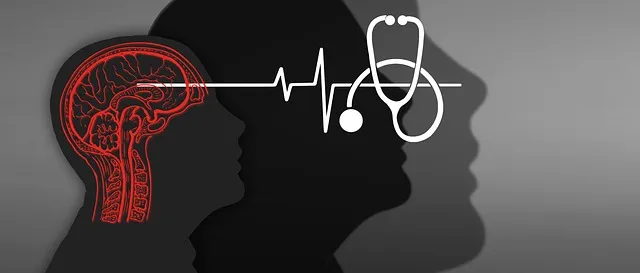The Littleton Kaiser Permanente Mental Health Access Center addresses the growing demand for comprehensive trauma support services, offering specialized communication strategies, crisis intervention guidance, and educational resources. Their holistic approach integrates individual therapy, group support, and programs like Social Skills Training, focusing on stigma reduction to create a judgment-free zone. They utilize evidence-based therapies such as cognitive behavioral therapy (CBT), along with coping skills development and stress management techniques, while their Mental Wellness Podcast Series enhances accessibility to mental wellness resources.
Trauma is a significant public health concern, affecting individuals across all demographics. Understanding the need for specialized trauma support services is crucial in addressing this issue effectively. This article explores strategies and models for providing such services, focusing on the Littleton Kaiser Permanente Mental Health Access Center as an innovative example. By examining its unique approach, we can gain insights into enhancing trauma care and ensuring better outcomes for those who have experienced traumatic events.
- Understanding the Need for Trauma Support Services
- The Littleton Kaiser Permanente Mental Health Access Center: A Model for Care
- Strategies for Effective Trauma Support Service Provision
Understanding the Need for Trauma Support Services

In today’s world, the demand for comprehensive trauma support services has become increasingly vital, especially within communities where mental health access is limited, such as the Littleton Kaiser Permanente Mental Health Access Center. Traumatic events can have profound and lasting effects on individuals, leading to conditions like post-traumatic stress disorder (PTSD). Understanding and addressing this growing need is crucial in promoting community resilience and overall well-being.
The Littleton Kaiser Permanente center recognizes that effective trauma support goes beyond traditional therapy. It involves implementing communication strategies and crisis intervention guidance tailored to meet the unique needs of those affected by trauma. By offering specialized services, the center aims to provide a safe space where individuals can access resources, receive education about trauma responses, and develop coping mechanisms to navigate their healing journeys.
The Littleton Kaiser Permanente Mental Health Access Center: A Model for Care

The Littleton Kaiser Permanente Mental Health Access Center stands as a shining example of comprehensive mental health care. This innovative center integrates various services to address trauma and promote emotional well-being, offering a holistic approach to patient recovery. By combining individual therapy, group support sessions, and specialized programs tailored to specific needs, the access center creates a nurturing environment for healing.
One of its unique features is the integration of Social Skills Training, designed to equip individuals with essential coping mechanisms and interpersonal skills. Additionally, the center actively engages in Mental Illness Stigma Reduction Efforts, fostering a supportive community where individuals feel empowered to seek help without fear of judgment. This model of care not only provides immediate relief but also equips individuals with long-lasting tools for managing their mental health.
Strategies for Effective Trauma Support Service Provision

Trauma support services require a multifaceted approach to effectively cater to individuals’ complex needs. One key strategy involves creating safe and supportive environments, such as the Littleton Kaiser Permanente Mental Health Access Center, where survivors can feel secure while sharing their experiences. This includes ensuring confidentiality, employing trained professionals who exhibit empathy and cultural competence, and utilizing evidence-based therapeutic techniques like cognitive behavioral therapy (CBT).
Additionally, integrating coping skills development and stress management strategies into the service provision is vital. The Mental Wellness Podcast Series Production can serve as a powerful tool to reach a broader audience, offering accessible resources for understanding trauma and learning effective coping mechanisms. By combining in-person support with innovative media formats, services can enhance accessibility and encourage ongoing mental wellness.
Trauma support services are vital for communities to heal and thrive. As highlighted by the success of the Littleton Kaiser Permanente Mental Health Access Center, a holistic approach that combines accessible care with specialized trauma-informed practices can significantly improve outcomes. By adopting strategies such as cultural competency training, collaborative partnerships, and community engagement, we can ensure effective trauma support services that meet the unique needs of individuals and families affected by traumatic events. The lessons learned from models like this can guide efforts to create resilient and supportive communities for all.

